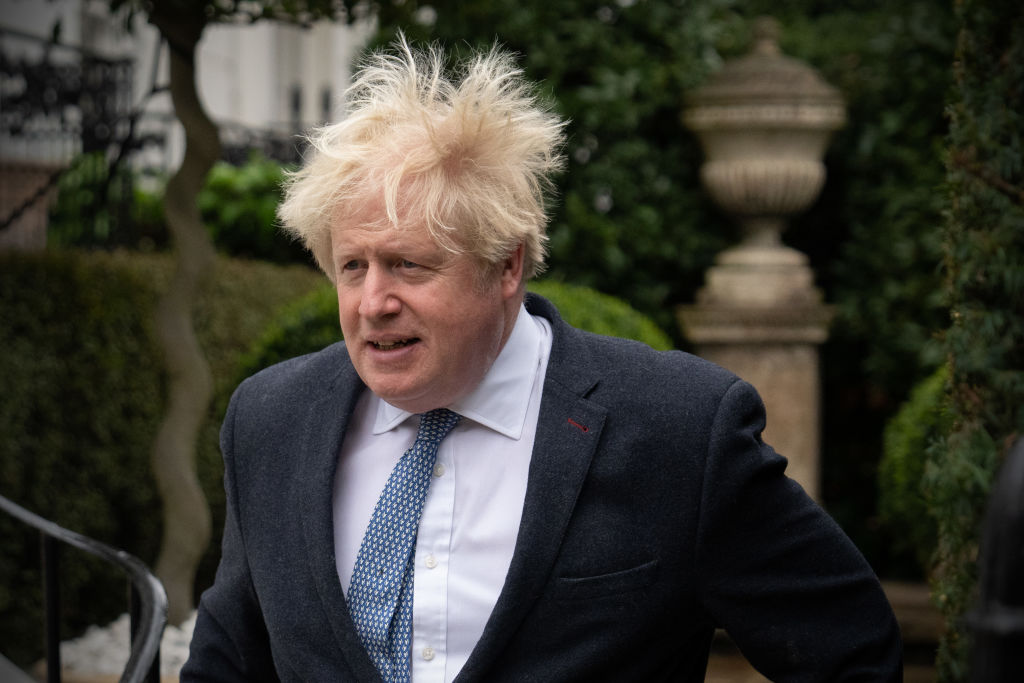Boris Johnson has today published his long-awaited ‘partygate’ defence, ahead of his appearance before the Privileges Committee tomorrow afternoon. In the 52-page submission, Johnson accepts that he did mislead the House of Commons when he said that ‘the rules and guidance had been followed at all times’ during Covid. But he insists he made his statements ‘in good faith’ and that he ‘would never have dreamed’ of doing so intentionally. The committee claims that his submission ‘contains no new documentary evidence’; sources close to Johnson dispute this.
Johnson’s defence broadly relies on three familiar arguments. The first is the absence of any smoking gun which proves that he definitely knew that the rules had been broken. He submits that: ‘There is not a single document that indicates that I received any warning or advice that any event may have broken rules or guidance.’ He adds that the only evidence that he intentionally misled the Commons is from the ‘discredited Dominic Cummings’, and that Cummings’s assertions are not ‘supported by any documentation’.
Secondly, he notes the context in which these gatherings were held. Johnson says that the ‘vast majority of individuals’ who have given evidence ‘have not indicated that they considered their attendance in breach of the law’. He suggests that party attendees would not have ‘allowed these events to be immortalised by the official photographer’ had they believed them to be illegal at the time.
And thirdly, Johnson argues that the committee has gone beyond the scope of its own inquiry by accusing him of breaching guidance. He says that the committee’s scope is and should be limited to the regulations. The committee is also accused of creating ‘for the first time the entirely novel concept of “recklessly” misleading parliament’, to which Johnson objects.
Johnson’s defence is hardly surprising: his allies have been making such arguments in the press for several months now. What is interesting is how the line of argument has changed. Earlier this month, his supporters were claiming that the Privileges Committee inquiry was discredited because it relied on Sue Gray’s report – even though the committee barely referenced it in their interim report. Yet it is Gray’s report that is referenced 29 times in Johnson’s own defence.
That suggests that tomorrow’s four-hour evidence session could be a confusing, chaotic affair with Johnson and his interrogators talking past each other and failing to engage. One thing is for certain: it’s going to be quite the parliamentary spectacle.







Comments